Stocks markets have tumbled again as fears of a banking crisis resurfaced despite massive financial lifelines thrown at embattled lenders to prevent contagion across the sector.
Markets had rallied on Thursday after Wall Street titans including JP Morgan, Bank of America and Citigroup pledged to inject $30 billion into First Republic Bank.
Credit Suisse had also rebounded after it said it would borrow up to $54 billion from the Swiss central bank.
But shares of First Republic Bank and Credit Suisse dove back deep in the red on Friday, with the US lender slumping 33 percent and Switzerland’s second biggest bank dropping eight percent.
The stock prices of other major banks also fell, with JP Morgan, Citigroup and Bank of America down at least three percent.
The wider markets were also in the red. On Wall Street, the S&P 500 finished down 1.1 percent.
In Europe, London stocks closed down 1.0 percent, while Frankfurt slumped 1.3 percent and Paris dropped 1.4 percent to cap a rollercoaster week.
“The negative disposition for the broader market has a familiar driver: worries about the state of the banking industry,” said market analyst Patrick O’Hare at Briefing.com.
Liquidity crisis
Banks stepped in to save First Republic over fears it could suffer a run of withdrawals by customers worried it would follow US lenders Silicon Valley Bank and Signature Bank, which went under last week and fuelled fears of another financial crisis.
O’Hare said the market was unnerved by data showing that bank borrowing from the US Federal Reserve’s discount window hit a record high of approximately $153 billion for the week ending March 15, “exceeding anything seen during the financial crisis.”
The Fed’s discount window allows banks to quickly access funds, providing them with liquidity when customers withdraw more deposits than expected, and the record figure is an indication of stress in the sector.
“This week has been a liquidity crisis, but it seems that the moves by authorities to remedy the situation have not completely reassured wary investors,” said Chris Beauchamp, chief market analyst at online trading platform IG.
The dollar fell against its major rivals, while oil prices sank more than four percent at one point before clawing back some of that ground.
“Oil prices have been pummelled this week as turmoil in the banking sector has increased the risk of a significant economic slowdown or recession this year,” said market analyst Craig Erlam at Oanda trading platform.
Investors will focus next week on whether the US Federal Reserve will stick to its interest rate-hike policy to combat inflation.
Before the SVB crisis unfolded, there had been a widespread expectation the Fed would ramp up its tightening campaign and push on for as long as needed until it had quelled inflation.
But with SVB’s demise largely blamed on the sharp rise in borrowing costs — fueling fears of a repeat at other banks — speculation has swirled that the Fed may stop hiking and maybe even cut rates to provide some stability.
However, the European Central Bank on Thursday stuck to its plan to lift rates by a half percentage point despite the turmoil.

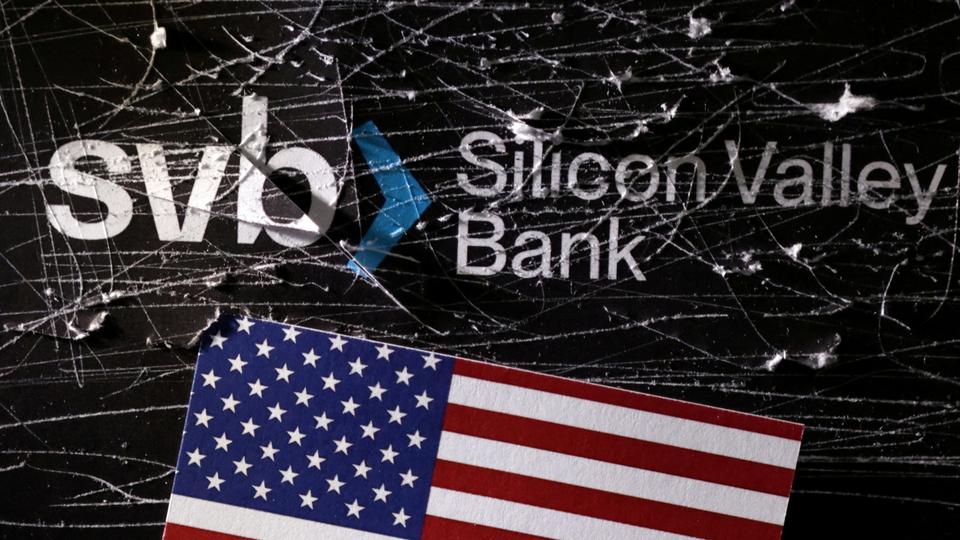



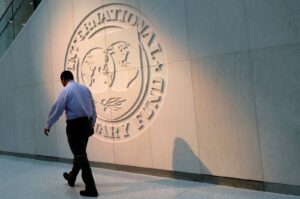
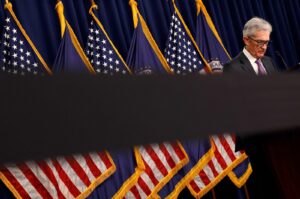






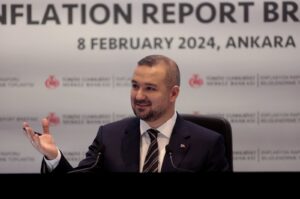




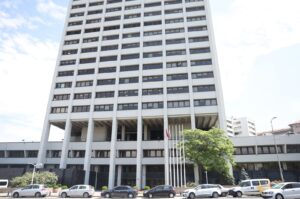



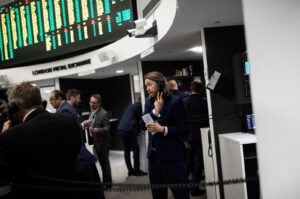
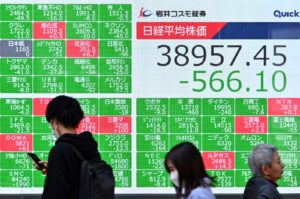



















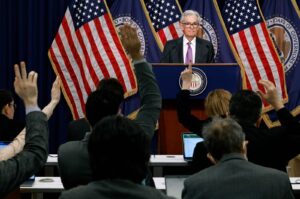







Be First to Comment